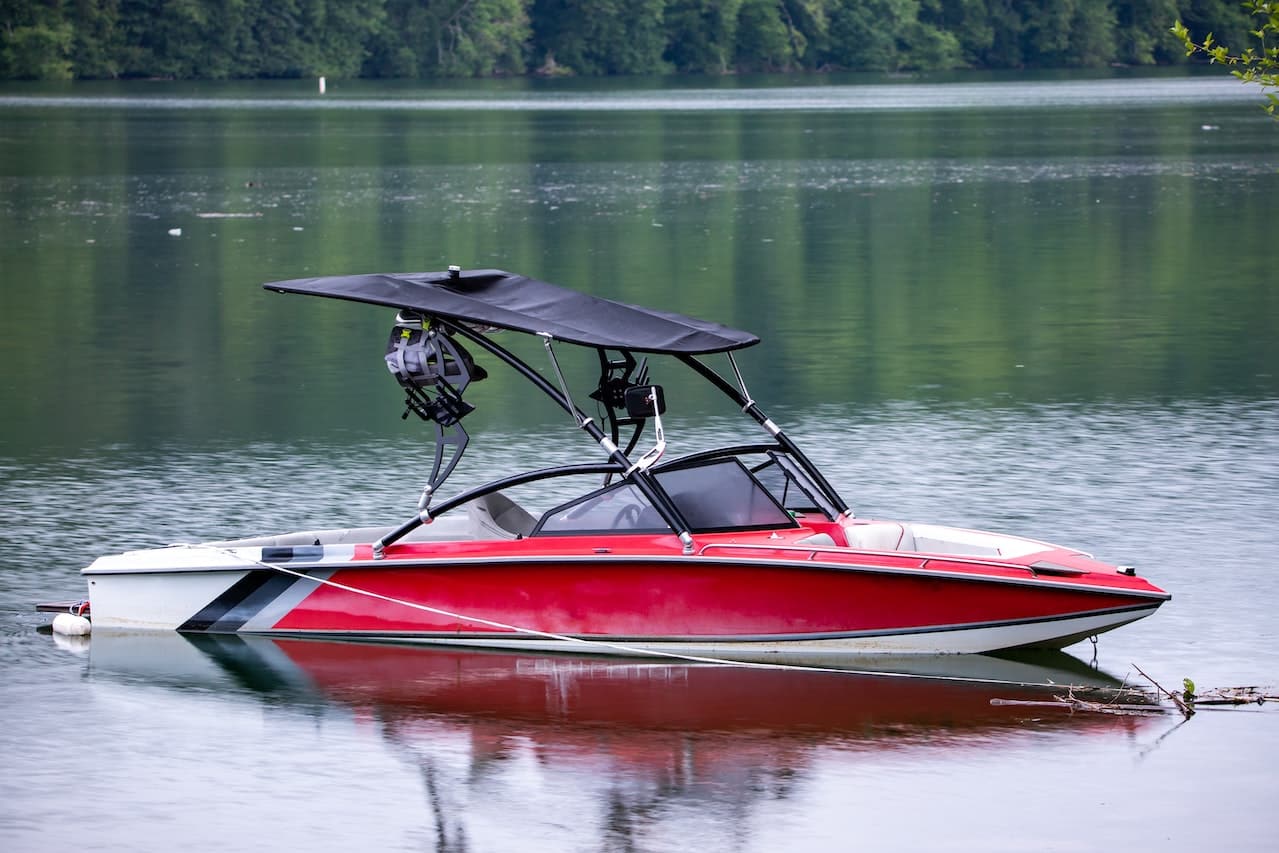As we head towards summer, it is good to reflect on staying safe when participating in activities like off-highway vehicle driving and visiting waterparks. Getting outside and having fun when the temperatures warm up is important, but we also need to protect ourselves and others from preventable injuries.
Unfortunately, boating is no exception, with injuries and deaths being relatively common. Boating is a fun activity, and what Alberta lacks in oceans, it more than makes up for in lakes, rivers and streams. As a result of the many opportunities to get into the water, an understanding of boat safety is important.
Luckily there are steps we can take to reduce the chance of injury, as the Safe Boating Awareness Week campaign reminds us.
Safe Boating Awareness Week is May 20 to 26, 2023
The Canadian Safe Boating Council’s (CSBC) Safe Boating Awareness Week is rapidly approaching, held between May 20 and 26, 2023. This campaign has been held since 1995 and is designed to remind Canadian boaters about how to stay safe on the water.
The CSBC’s top tips for staying safe on the water include:
- Wearing a lifejacket – Putting on a personal flotation device before getting on a boat is so important. Even though it might be more comfortable to go without, please don’t. The vast majority of Canadians that drown while boating were not wearing a lifejacket or wearing it correctly.
- Avoiding alcohol and drugs – Drinking alcohol or taking drugs are key factors that add risk while boating. Operating a boat while impaired increases the chance of an injury being sustained by you, your passengers or others.
- Undertaking a boating course – There are really useful courses that help you to understand how to operate boats responsibly, with different options for powered and paddle vessels. In order to operate a power-driven boat in Canada, you need proof of competency such as the Pleasure Craft Operator Card which you can get after taking certain boating safety courses.
- Coming prepared – Get ready for your adventure, by taking steps including ensuring the boat has the proper safety equipment, checking the weather is suitable and completing a trip plan.
- Understanding the impacts of cold water – Canadian waters are cold for most of the year. Cold water immersion can be deadly, with drowning and hypothermia key risks. Wearing a lifejacket can help you to survive the shock and incapacitation phases of cold water immersion.
Statistics provide insight into the number and causes of boating fatalities in Canada
According to statistics compiled by the Drowning Prevention Research Centre Canada, there were about 950 recreational boating-related fatalities in Canada between 2008 and 2017. This represents an average of almost 100 deaths per year.
The statistics identified several important risk factors that increase the chance of boating-related deaths:
- 90% of the recreational boating-related deaths during the period studied occurred among males;
- lakes were the body of water type that experienced the most deaths;
- weekends and warmer months were more common times for recreational boating-related fatalities;
- powerboats were the vessel type most likely to be used when death occurred, followed by canoes;
- bad weather, such as rough water and high winds, were frequently causes that contributed to deaths;
- over a third of people killed in a recreational boating-related incident had consumed alcohol; and
- most people who died in recreational boating-related incidents did not have a personal flotation device on at the time.
What you can do if you are injured in a boating incident
Of course, injuries are more common than deaths, and if you sustain an injury in a boating accident, there are certain recommended courses of action. The most critical step is seeking medical attention as soon as you can. Contact emergency services and get a copy of the police report.
If it is possible and safe to do so, it is useful to preserve any evidence. This can involve taking photos or videos of the accident site and recording other relevant information, such as the time, location, weather, names, contact and insurance information for other people involved, and names and contact information for any witnesses.
Seeking advice from a personal injury lawyer
Another important step is reaching out to an experienced personal injury lawyer. They can advise you as to whether you have good prospects for a compensation claim.
Injuries sustained in a boating accident can significantly impact a person’s life and their family. Regardless of the injury type, from traumatic brain injury to broken bones or spinal cord injuries, the victim may end up with costly medical bills, lost income and ongoing recovery expenses, in addition to the high toll from the pain and suffering caused. The injury victim may need compensation to be able to cope with the financial strain caused by their injury.
If you or a loved one has been injured in a boating accident, and you think that someone else’s carelessness might be to blame, the personal injury lawyers at Cuming & Gillespie LLP in Calgary are ready to support you on your journey to recovery.
We will assess your personal circumstances and let you know the best option for securing compensation. We take the time to guide you through the entire process, so you can be sure that you are taking the required steps to put yourself in the best position for financial recovery and, ultimately, for advancing beyond your injury.
Contact the Personal Injury Lawyers at Cuming & Gillespie LLP for Advice on Personal Injury Claims following Boating Accidents
The personal injury lawyers at Cuming & Gillespie LLP in Calgary understand the importance of obtaining compensation for their clients. We work hard to deliver this and to hold those responsible to account for their wrongdoing. Please phone us today at 403-571-0555 or contact us via our online form to schedule a free consultation with a member of our team.

